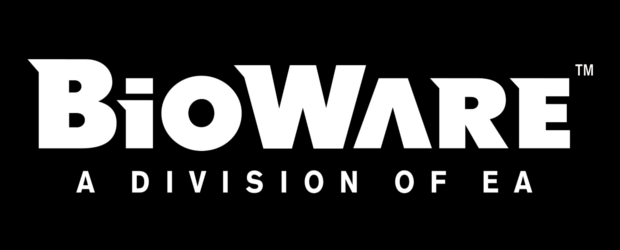What is the Difference Between a Developer and Publisher?
What is the Difference Between a Developer and Publisher?
It can be confusing who is actually making a game and who is responsible for the quality. If a game sucks, we want to know who to blame, and if it’s great, we want to make sure we praise the right person. If we look at a game like Mass Effect: Andromeda, the public has a right to know who screwed the pooch, but we don’t know if it’s the developer – Bioware – or if it’s the publisher – EA.
Many people immediately blamed EA because – well, most people hate them, but after realizing the game was in development for five years (it was hardly rushed) and that Bioware Montreal – not Bioware’s main developers in Edmonton – decided to handle the project, details begin to emerge about who was actually at fault, and it became more obvious it was the bungling of a development team that couldn’t handle an enormous project.
So how do we tell the difference between these two?

In the simplest terms, the publisher is the boss. Sometimes they finance what a developer cannot. Borderlands was the vision of Randy Pitchford of Gearbox. He originated the concept, development, and execution of the game. 2K Games merely supplied the distribution and a possible portion of the advertising and creation costs. It’s like writing a novel. Gearbox wrote it, then they approached a publisher to distribute it (2K Games).
But that doesn’t also mean that there are not publishers pulling the puppet strings of entire studios. When a developer is in-house, meaning the publisher owns them, the process becomes much dirtier. Though Andromeda was a developers screw up, there is a lot of debate about who was behind the ending to Mass Effect 3.
One theory behind Mass Effect 3’s unsatisfying ending was that EA wanted to make more off the DLC containing the ‘real’ ending. This might seem crazy except that seven years ago, the CEO of publisher Codemasters, Rod Cousens, essentially said that is exactly what publishers should do.
“My answer is for us as publishers is to actually sell unfinished games – and to offer the consumer multiple micro-payments to buy elements of the full experience.”
That is a publisher openly admitting that he thinks the best strategy is to force developers (like Bioware or Gearbox or many others) to clip games short and milk them. And this almost certainly does happen.
So if fans are frustrated by DLC, microtransactions, and games that feel clipped, that almost certainly is the publishers doing. They are the ones, at the end of the day, making the most profit from a game.
But the publisher will rarely – even if it is an in-house developer – be the ones deciding on the creative direction. Bad writing is still the developers fault. Good writing is also their fault. The overall feel and execution of the game will fall into a developer’s wheel house.
So the next time a game infuriates – think hard of the reasons why. It might be the developers fault for fumbling through the execution, or it might be the greed of the publisher. Hopefully, it is never both.
RECENT VIDEOS
TRENDING NOW
League of Legends Franchises for $10 Million, #13 Million for Outsiders Read Now
Financial Round-Up: Tencent, Rovio and Nvidia, Oh My! Read Now
Indie Game Tokyo 42 Tries its Hand at Hoax Advertisement Read Now
Everything You Need to Know: PS4 Firmware 5.0 Read Now
More Details and a New Trailer for Pokemon Ultra Sun and Ultra Moon Read Now
Also…
Don’t forget to check out some of our other weekly pieces, The LoL Weekly Preview, Review and Highlight, as well as The Something I’m Forgetting and Week in Review.
sign up for our newsletter
GET THE LATEST NEWS.
NØ SPAM. MUCH INFO. WOW.
sign up for our newsletter
GET THE LATEST NEWS. NØ SPAM. MUCH INFO. WOW.
FOLLOW EKGAMING ON SOCIAL MEDIA
CRITICIZE US!
©2017 EKGAMING. All Rights Reserved. Designed by EKGAMING




